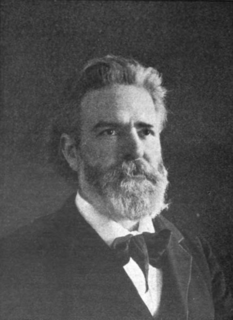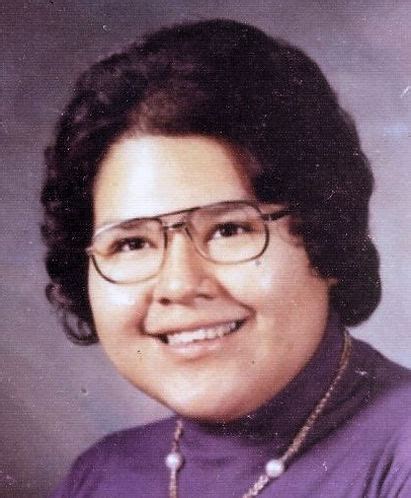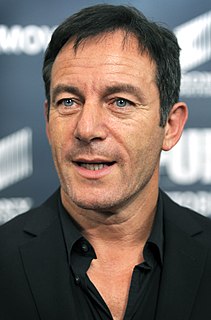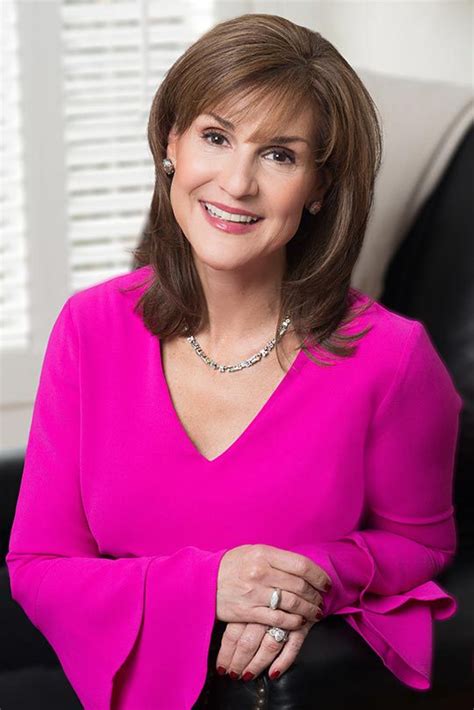A Quote by Ken Follett
We all now tell stories by cutting from one dramatic scene to the next, whereas Victorian novelists felt free to write long passages of undramatic summary.
Related Quotes
Yes, take a little time to play And look at life the other way. God rested when the world was made: Rest now, old friend; be not afraid. But think not that your work is over, That you are now a foot-free rover, A rambler upon idle ways, Whittling away the golden days. For in the road climb to the goal There's no long furlough for a soul. There's no long pause: on every height Another summit swims in sight. The long road rises, scene by scene, With little restings in between.
I believe that all novels, ... deal with character, and that it is to express character – not to preach doctrines, sing songs, or celebrate the glories of the British Empire, that the form of the novel, so clumsy, verbose, and undramatic, so rich, elastic, and alive, has been evolved ... The great novelists have brought us to see whatever they wish us to see through some character. Otherwise they would not be novelists, but poet, historians, or pamphleteers.
Inexperienced fiction and creative nonfiction writers are often told to show, not tell - to write scenes, dramatize, cut exposition, cut summary - but it can be misguided advice. Good prose almost always requires both showing and telling, scenes and summary, the two basic components of creative prose
Like every novelist, I fantasise about film. Novelists are not equipped to make a movie, in my opinion. They make their own movie when they write: they're casting, they're dressing the scene, they're working out where the energy of the scene is coming from, and they're also relying tremendously on the creative imagination of the reader.
I knew what I wanted to do when I set out. I knew that I wanted to write a book that told the story, obviously. I wanted it be comedy first, because I felt like there already had been childhood druggy stories that were very serious, and I felt that the unique thing here was that I was a comic and I could tell the story with some levity, and I have been laughing at these stories my whole life.
Every woman should have a daughter to tell her stories to. Otherwise, the lessons learned are as useless as spare buttons from a discarded shirt. And all that is left is a fading name and the shape of a nose or the color of hair. The men who write the history books will tell you the stories of battles and conquests. But the women will tell you the stories of people's hearts.


































